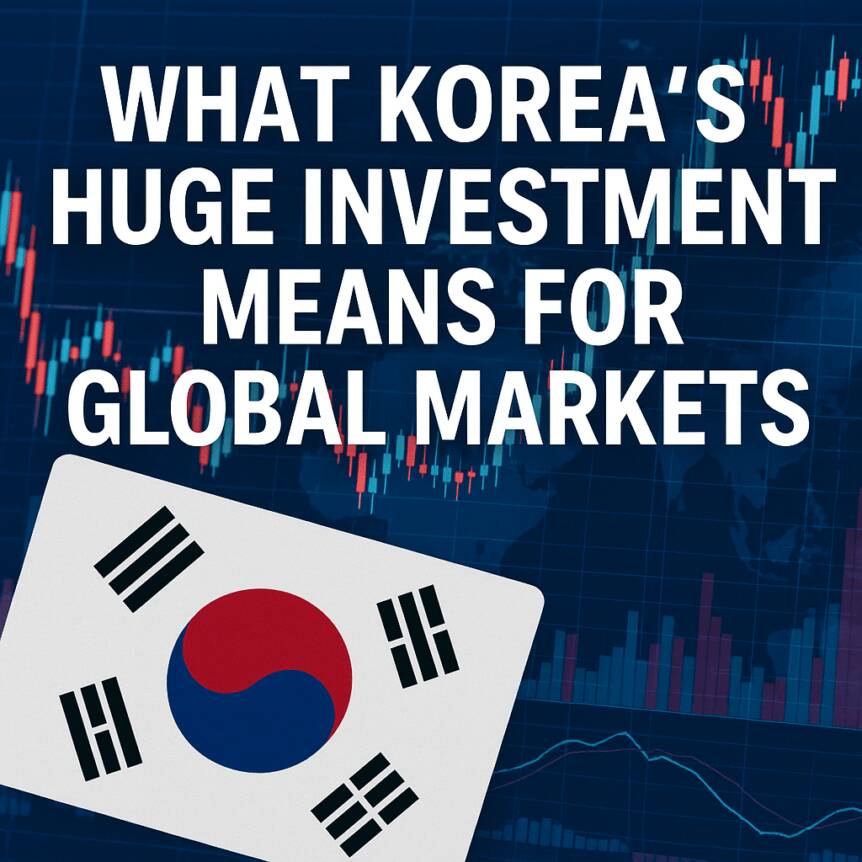
Over recent years, South Korean retail investors played a crucial role in driving Tesla’s stock growth, significantly contributing to its global market surge. However, August 2025 marked a turning point, with Korean investors withdrawing a record $657 million from Tesla—the most substantial monthly outflow in over two years.
The decline extends beyond direct retail stock investments. Leveraged products tied to Tesla, such as the 2x leveraged ETF TSLL, experienced outflows of $554 million in August, the largest since early 2024.
This shift highlights a waning enthusiasm among retail investors who previously buoyed Tesla’s valuation. It reflects a broader change in market sentiment, with growing distrust in Tesla’s growth prospects and an increasing interest in alternative assets, notably US-based crypto firms and blockchain projects.
Despite this exodus, Korean investors still hold approximately $21.9 billion in Tesla shares, underscoring their long-term commitments. Nevertheless, the sizable sell-off points to rising uncertainties about Tesla’s future trajectory amid fluctuating investor confidence.
Did you know? Major Korean exchanges like Upbit and Bithumb process billions daily, establishing Seoul as a hub for global crypto liquidity.
Various factors are driving South Korean investors away from Tesla, including unmet promises, political controversies, declining vehicle sales, rising competition, and leadership instability.
Did you know? Almost one in five South Koreans now invests in digital assets, with adoption rates exceeding 25% among those aged 20-50.
South Korea’s retail investors, renowned for their savvy trading in global stocks, are increasingly diverting capital into cryptocurrency-related stocks and DeFi projects. As of September 2025, they have invested over $12 billion in US-listed crypto companies, signaling a strategic shift away from traditional stocks toward digital assets as both growth opportunities and hedges against market uncertainties.
August 2025 marked a notable surge, with investments of $426 million in Ethereum-linked firm Bitmine Immersion Technologies and sizable allocations to stablecoin provider Circle and Coinbase—each attracting hundreds of millions—highlighting strong retail enthusiasm for crypto assets.
This pattern suggests a fundamental change in Korean investors’ appetite, foreshadowing increased influence of Asian retail traders on global crypto markets and mainstream asset adoption.

South Korea’s rapid move into crypto is fueled by demographic trends, supportive regulation, and economic conditions. With roughly 20% of the population owning digital assets, and the figure rising among those aged 20-50, this demographic’s familiarity with technology and risk-taking propensities make crypto a natural fit for their investment style.
The country’s evolving regulation landscape now advocates for the growth of crypto markets. The 2024 Virtual Asset User Protection Act (VAUPA) and upcoming Digital Asset Basic Act (DABA) aim to enhance investor protections and establish comprehensive legal frameworks, fostering greater confidence among retail and institutional players alike.
Low interest rates and limited domestic investment opportunities have prompted investors to explore higher-yield assets such as cryptocurrencies. The slowing growth in sectors like manufacturing and automotive, along with a weakening won and increased holdings in dollar-backed stablecoins, further incentivize crypto investments.
Did you know? The Korean won ranks as one of the top three fiat currencies traded against Bitcoin worldwide.
With a GDP of around $1.87 trillion in 2024, South Korea’s investment in cryptocurrencies is reshaping global trends. The shift from traditional assets like Tesla stocks to digital assets has bolstered liquidity on US exchanges, enhanced the visibility of crypto assets, and influenced institutional and retail strategies worldwide.
South Korean traders’ appetite for leveraged products such as 2x Ether ETFs has increased volatility, impacting global crypto prices, and setting models for regulatory approaches in other major markets.
This article was originally published as What Korea’s Huge Investment Means for Global Markets on Crypto Breaking News – your trusted source for crypto news, Bitcoin news, and blockchain updates.
Also read: Best VPN Friendly Casinos in 2025